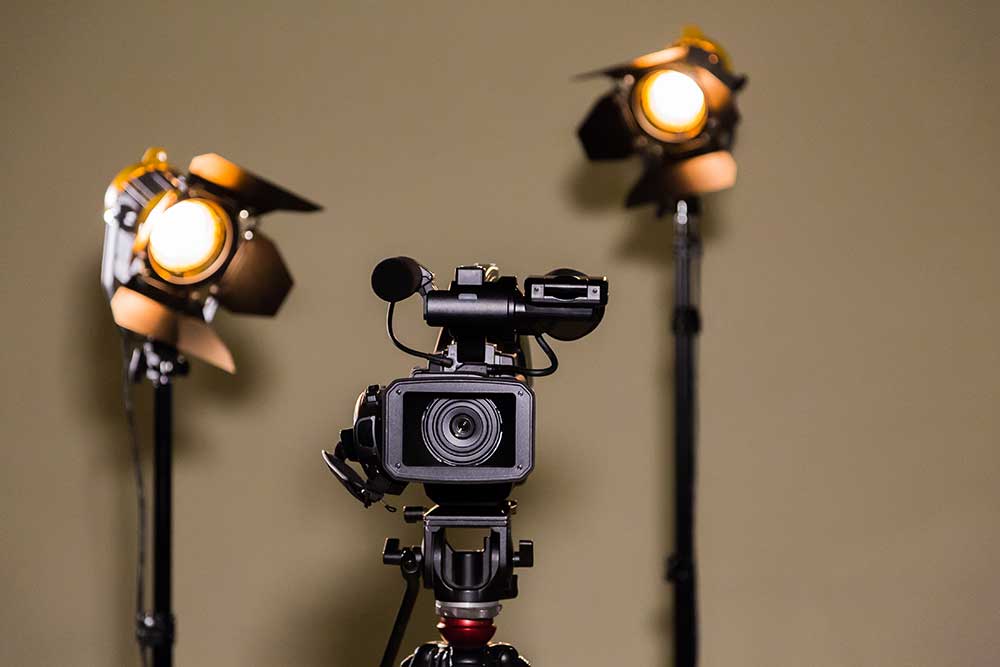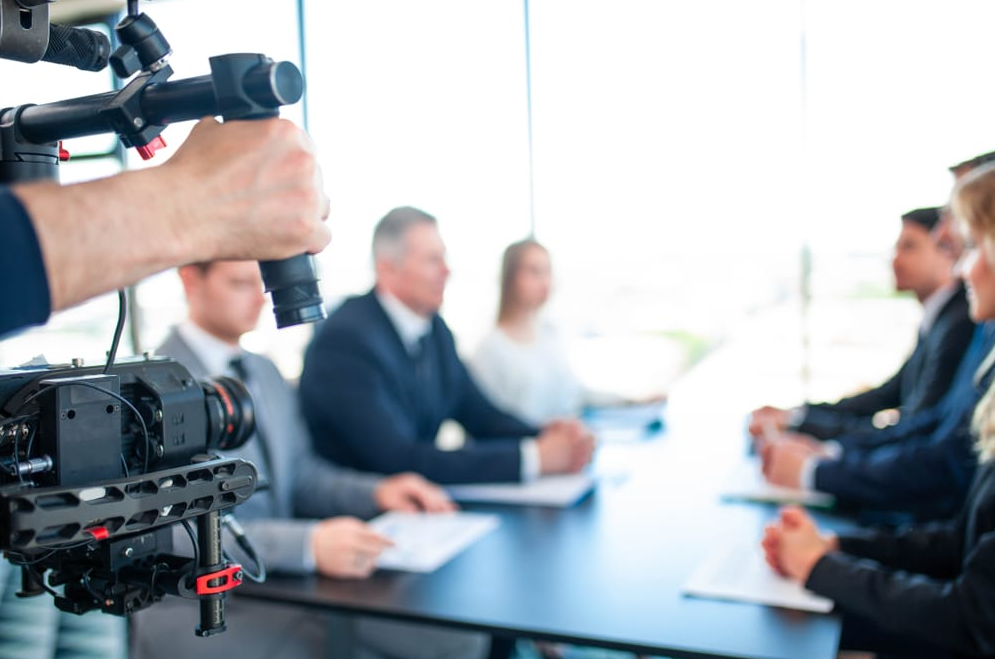Comprehensive Legal Videography for Courtroom Evidence.
Comprehensive Legal Videography for Courtroom Evidence.
Blog Article
The Function of Legal Videography in Depositions and Trials
Lawful videography has emerged as a necessary tool in both depositions and trials, supplying a complex method to documenting witness testimonies. As lawful experts progressively acknowledge its value, it prompts a deeper evaluation of just how these visual records can affect juror assumptions and trial outcomes.

Relevance of Lawful Videography
Lawful videography plays a critical function in the documents and presentation of depositions and tests. This specialized field incorporates technological abilities with lawful expertise to produce a dependable document of process that can considerably influence instance end results. The appearance of legal videography enhances the understanding of witness testimony, permitting jurors and courts to observe not only the spoken words yet likewise the behavior, emotions, and body language of the witnesses.
On top of that, legal videography offers an objective account of events, decreasing the possibility for misinterpretation that can occur with written transcripts alone. This aesthetic paperwork functions as a critical tool throughout trial discussions, promoting a more clear and more influential narrative for both plaintiffs and offenders. The capability to replay video clip sections throughout court proceedings enables legal teams to stress key points, strengthening their disagreements successfully.
The relevance of lawful videography expands beyond the court; it additionally plays an essential function in protecting proof for future referral, whether for charms or further lawful action. Thus, its assimilation into the legal procedure is important for guaranteeing a fair and exact depiction of the facts, ultimately adding to the quest of justice.

Refine of Legal Videography
While recording the subtleties of depositions and trials, the procedure of legal videography includes numerous crucial steps that ensure high-grade, accurate recordings. A professional lawful videographer prepares by examining the situation products and comprehending the particular needs of the deposition or test. This preparation consists of acquainting themselves with the participants and the context, which aids in recording relevant information.
On the day of the recording, the videographer establishes the necessary tools, which usually consists of high-def video cameras, microphones, and appropriate illumination. Making certain ideal angles and sound quality is critical, as it directly influences the performance of the recording. The videographer connects with attorneys and participants to establish protocols, guaranteeing that everybody comprehends the recording procedure.
Throughout the deposition or trial, the videographer diligently videotapes the procedures, paying very close attention to both verbal and non-verbal signs. This consists of recording the demeanor and responses of witnesses and lawyers. After the session concludes, the videographer might edit the video for clearness and conformity with lawful requirements, generating an end product that properly shows the procedures for future recommendation and usage in legal contexts.
Advantages in Depositions
The incorporation of videography in depositions uses various advantages that boost the overall procedure of collecting evidence. One primary advantage is the capacity to capture witness Resources testaments with aesthetic and auditory integrity, giving a more accurate representation of the witness's demeanor, tone, and body language. This multidimensional strategy allows attorneys and courts to evaluate credibility extra effectively than standard written records alone.
Additionally, videographed depositions work as a powerful device for protecting statement. Must a witness become not available for trial, their recorded deposition can be played in court, guaranteeing that their evidence stays available and appropriate. This facet considerably reduces the threat of losing crucial info that can impact instance outcomes.

Lastly, videography enhances the overall expertise of the deposition procedure, instilling self-confidence in clients pertaining to the thoroughness of their lawful representation (legal videography). By leveraging modern technology, lawful professionals can substantially improve the performance of depositions
Influence on Tests
In numerous trials, the integration of videography can significantly influence the discussion of proof and the court's perception. Lawful videography records witness testaments and critical evidence in a vibrant style, enabling like it jurors to engage with the product on several degrees. This visual part improves the storytelling facet of a trial, offering context and emotional vibration that typical text-based evidence may do not have.
Additionally, video recordings can offer as effective devices for impeachment throughout cross-examination. When discrepancies emerge in between a witness's previous declarations and their court testimony, video clip proof gives an objective reference that can guide jurors' point of views. This immediacy and clearness can reinforce the credibility of a celebration's story while simultaneously undermining opposing debates.

Future Trends in Legal Videography
As we look towards the future of lawful videography, a number of emerging fads guarantee to reshape its duty within the court. One substantial fad is the combination of synthetic intelligence (AI) in video clip analysis and modifying. AI can improve the procedure of recognizing vital minutes in recorded depositions, allowing attorneys to rapidly access appropriate material, thereby enhancing performance in instance prep work.
In addition, the surge of virtual reality (VR) and augmented reality (AR) modern technologies is expected to change just how jurors experience proof. legal videography. By submersing jurors in a substitute setting, these innovations can offer a more extensive understanding of complex scenarios, resulting in even more enlightened deliberations
Furthermore, the raising demand for remote depositions, accelerated by the COVID-19 pandemic, will likely continue. Legal videographers will need to adjust to new software application and platforms to make sure top quality recordings in virtual setups.
Lastly, the expanding focus on information safety will certainly necessitate more stringent protocols for storing and sharing video clip proof. As the legal landscape develops, legal videographers must remain abreast of these patterns to preserve their significance and effectiveness in the judicial procedure.
Verdict
In recap, lawful videography offers an important function in the judicial process, improving the honesty of depositions and trials. As innovation proceeds to develop, lawful videography is poised to further change its duty within the legal landscape.
Report this page